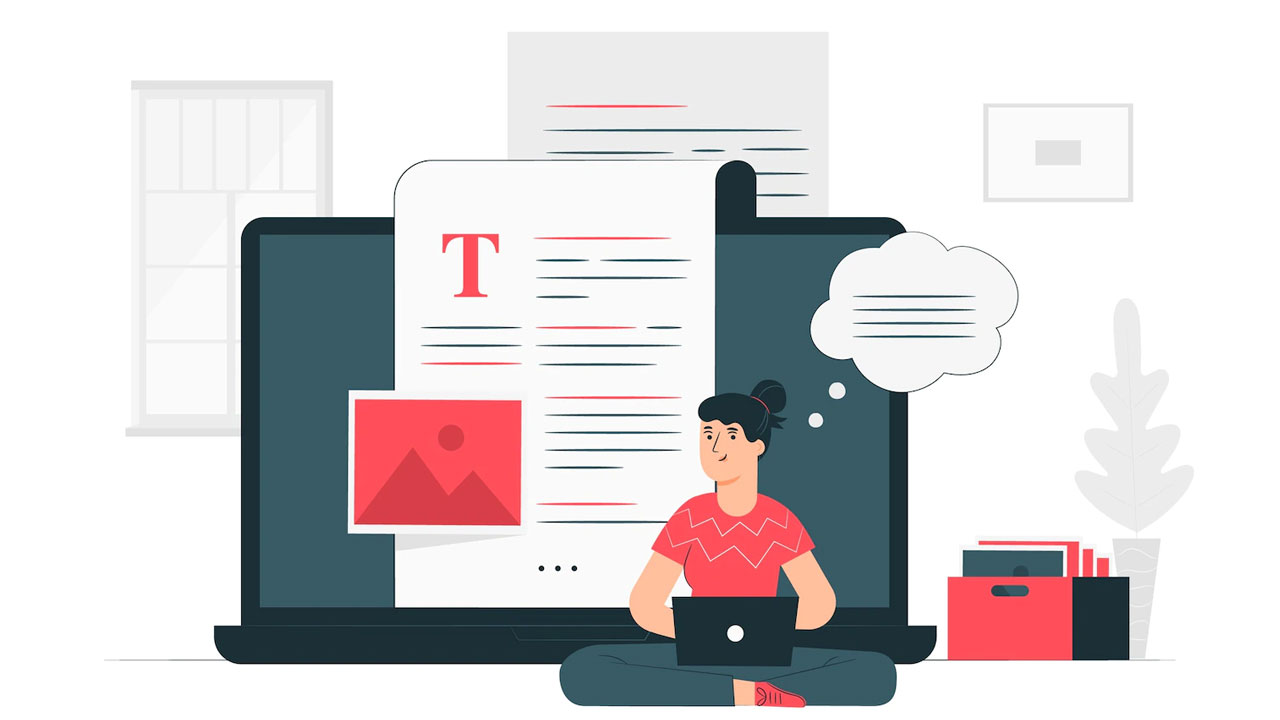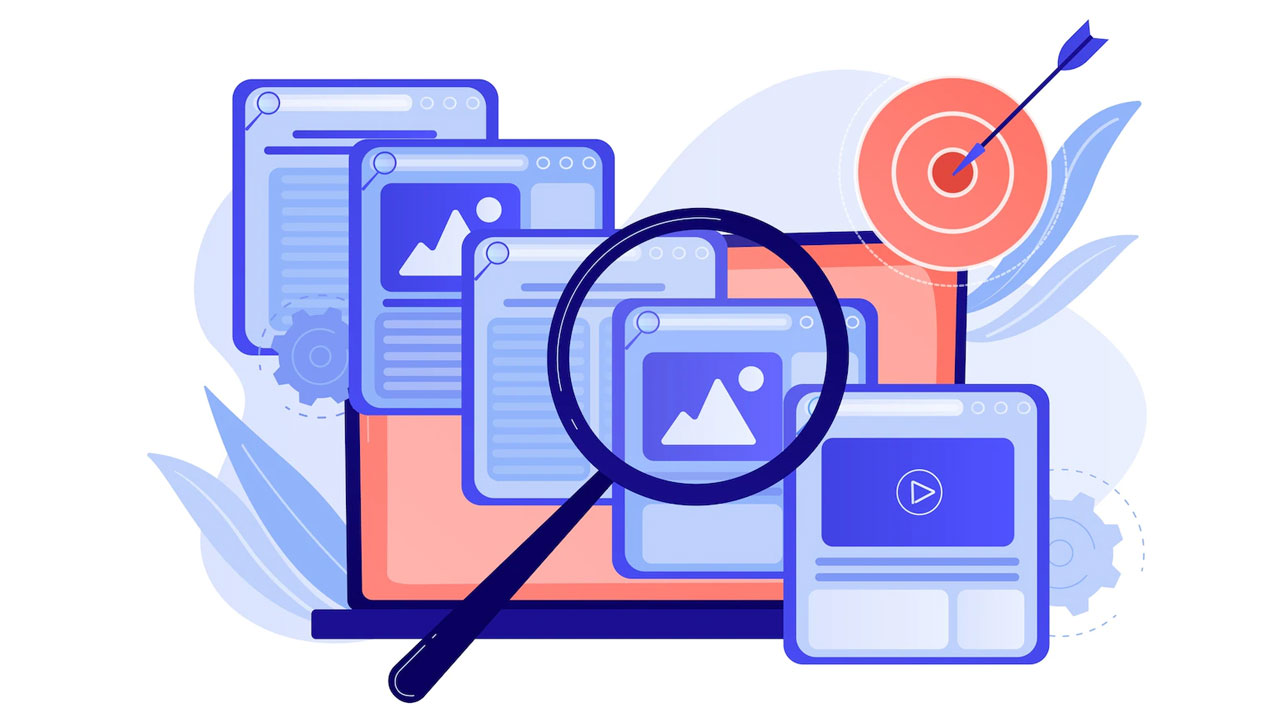Have you extensive experience in the field of customer service? This is an invaluable resource, as it tells an employer that you have kept your cool in situations where customers were less than happy, and when it might otherwise be difficult to remain calm.
You should therefore be sure to highlight your customer service skills on your resume so that a prospective employer can find them easily. Even if you are not applying for another customer service job, you still want to put these skills on display to show the employer exactly what you are capable of.
Here are 6 tips to help you better highlight your customer service skills on your resume.
1: Use Your “Skills” Section Wisely

Almost all resume templates employ a “skills” section. This is your time to shine! You should put both hard skills and soft skills on your resume. Soft customer service skills you can highlight include your effectiveness and efficiency when it comes to problem-solving. In your hard customer service skills section you can include typing, including your words per minute, as well as the software you used (proprietary or otherwise) to help you do your job effectively.
Bottom line: never make a “one-size-fits-all” resume, and then send it off to every Tom, Dick and Harry with whom you want to work. Tailor your resume to each job you apply to. Yes, this takes more time and effort, but it shows the hiring manager that you truly thought about the position you’re applying for, rather than applying at random to anything with an “Apply Now” button.
2: Be Concise

No matter the type of job you’re applying for, remaining concise on your resume is always preferable to letting yourself get too wordy. Don’t include a list of every little task you did at your last job, even if you’re trying to make your resume more dense. Mention only those details that are relevant to the type of job you’re applying for, and try to group similar skills under one bullet point.
Many applicants find their resume goes into a second page, so they beef up the word count in an effort to make it longer. In reality, you don’t want to go onto a second page unless you have a wealth of skills and experience that justify it.
3: Make It Your Own

Using a resume template you find online is fine as a guide. But do not simply copy the structure of a resume template and replace the template’s information with your own. Remember, any resume you find online can be found just as easily by a prospective employer with an internet connection.
Further, when a hiring manager sees hundreds of the same style of resumes coming in on a weekly basis, it’s not difficult to see which applicants are not putting the time and effort into making their resumes truly unique. Stand out from the crowd, show you care, and make your resume your own, and you will show the hiring manager that you are willing to do what it takes to earn that job you’re eyeing. (This also hints at the dedication you’ll bring to the role, too.)
4: Use Keywords

Keywords are important because for those companies who use software to evaluate resumes automatically, the software will select the resume that uses the right keywords and dump the rest. Do some research insofar as a list of the customer service skills that exist, and incorporate only those relevant to your personal experience in your resume.
You can use keywords to describe everything from your skills to your credentials. Try to incorporate as many as possible without getting too wordy. The goal is to catch the hiring manager’s eye – not drown them in details.
5: Keep the Focus on Your Results

Many applicants explain on their resumes what they did in a position, rather than on what they accomplished or learned during their time with that particular company.
For example, an applicant may put that he or she “provided technical support for [company’s product] to approximately 150 customers each week.”
A better sentence would be something like “achieved the company’s target of 95% customer satisfaction rating within the first three months of employment.”
See why this is better? Not only is it less generalized and, frankly, boring, than the first statement, but it gives the company a clearer picture of who you are as an employee, what you have accomplished in your prior roles, and how their company can benefit from hiring you over all the other applicants they have left to consider.
6: Think Outside the Box

If you have never held a customer service job before, read through the qualifications of the job you’re interested in and see how they measure up to your personal experience. Have you helped customers over the phone or in person, even if your title did not technically include “customer service”? Do you have experience in training others on a particular product in a prior position that would translate well to helping people more regularly in a customer service job?

